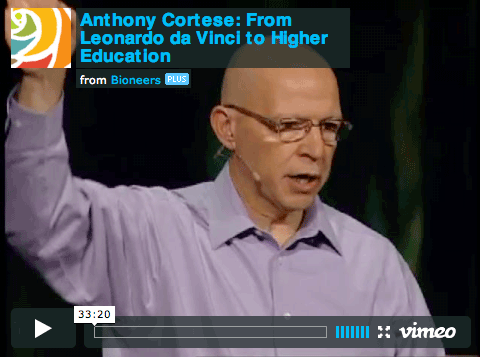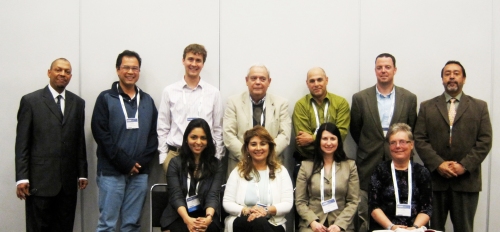By Jim Elder, Director, Campaign for Environmental Literacy
(This article appears in the February, 2011 issue of The ACUPCC Implementer)
![]() Winter brings the beginning of the annual federal budget battles, and we are again seeking help and leadership from college and university presidents. You were instrumental in convincing Congress to create and partially fund a new grant program for sustainability in higher education (the University Sustainability Program, or USP), and now it is time to move the ball the last few yards over the goal line and get USP funded as a standalone program.
Winter brings the beginning of the annual federal budget battles, and we are again seeking help and leadership from college and university presidents. You were instrumental in convincing Congress to create and partially fund a new grant program for sustainability in higher education (the University Sustainability Program, or USP), and now it is time to move the ball the last few yards over the goal line and get USP funded as a standalone program.
Nearly 300 ACUPCC presidents endorsed the original bill proposing USP, a major factor leading to passage of that bill in 2008. Last year, 150 presidents signed on to letters to Congress requesting that this new program be funded.
These letters were organized by state, and led by Rick Torgerson (Luther College), Diane Harrison (CAL State, Monterey Bay), Kevin Reilly (UWisconsin System), Marvin Krislov (Oberlin College), Ronald Thomas (U of Puget Sound), Mary Cantor (Syracuse University), and Thomas Purce (Evergreen State). These presidents led the process to garner signatures from other presidents in their state, demonstrating to their members of Congress the broad support and need for this kind of funding. We are particularly grateful for their leadership.
Read more




